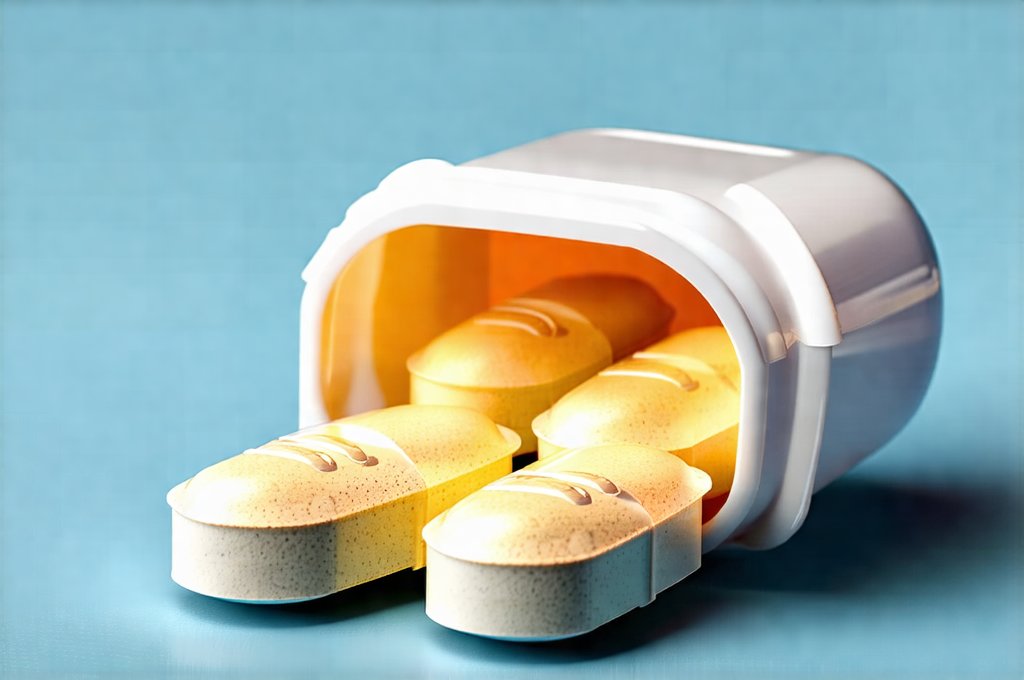Bladder supplements are often recommended for individuals experiencing issues with urinary frequency, urgency, incontinence, or overall bladder control. While these supplements can offer support, maximizing their effectiveness isn’t simply about taking them; it’s also about when you take them in relation to your body’s natural rhythms and the supplement’s mechanism of action. The timing of supplementation can significantly impact how well it’s absorbed and utilized, potentially making a considerable difference in noticeable results. Many factors play into this ideal timing – from the specific ingredients within the supplement to individual lifestyle habits like diet and hydration.
Understanding that our bodies operate on internal clocks, known as circadian rhythms, is crucial. These rhythms influence various physiological processes, including kidney function and hormone levels which directly impact bladder health. For example, antidiuretic hormone (ADH), responsible for regulating fluid balance, fluctuates throughout the day, affecting urine production. Supplement timing should ideally align with these natural bodily cycles to enhance absorption and optimize benefit. This isn’t a one-size-fits-all answer; it requires considering the supplement’s composition and your personal routines.
Understanding Bladder Supplements & Their Mechanisms
Bladder supplements typically fall into several categories, each working in slightly different ways. Some contain ingredients like L-arginine or pumpkin seed extract, which aim to support bladder muscle function and reduce urgency. Others might include D-mannose, a sugar that can help prevent bacteria from adhering to the urinary tract walls, reducing the risk of UTIs. Still others focus on calming nerve impulses related to bladder control. – Common supplement ingredients include: Saw Palmetto, Buchu Leaves, Cornsilk, and various vitamins & minerals.
– The absorption rate varies significantly between different types of supplements; capsules may take longer than liquids or chewables.
– Knowing the primary mechanism of action for your specific supplement is essential for determining optimal timing. For example, a supplement designed to increase ADH production would likely be most effective when taken before periods of increased fluid intake.
It’s important to remember that supplements aren’t intended to replace medical treatment. They are meant as supportive measures and should always be discussed with a healthcare professional. Furthermore, the quality of supplements can vary greatly; choosing reputable brands is essential for ensuring you’re getting what you pay for. A high-quality supplement, taken at the right time, has a greater chance of delivering positive results. You may also want to learn more about what is the best test to detect prostate cancer while you’re focusing on your health.
Timing & Individual Body Rhythms
The best time to take bladder supplements isn’t necessarily tied to a specific clock time but rather to your daily routines and bodily functions. For many individuals, taking supplements with or shortly after a meal can improve absorption due to increased digestive activity. However, this doesn’t apply universally. Some supplements are better absorbed on an empty stomach. – Consider when you experience the most bladder issues; if urgency is worse in the evening, timing supplementation for later in the day could be beneficial.
– Hydration levels play a crucial role; taking supplements with adequate water intake can enhance their effectiveness and promote overall urinary tract health.
– Pay attention to your body’s response; track how you feel after adjusting the timing of your supplement, noting any improvements or changes in symptoms.
The circadian rhythm also influences bladder function, impacting urine production throughout the day. For example, urine production is typically lower during sleep and higher upon waking. Aligning supplementation with these natural fluctuations can optimize results. If a supplement aims to reduce nighttime urination, taking it several hours before bed might be more effective than taking it in the morning. This requires experimentation and careful observation of your body’s individual response. Understanding best time of day to take kidney supplements can also help with overall health!
Factors Influencing Supplement Timing
The specific ingredients within your bladder supplement dramatically impact optimal timing. For instance:
– Supplements containing D-mannose: These are often recommended to be taken at the first sign of a UTI or proactively if you’re prone to them. Taking it with water and on an empty stomach can maximize absorption, as food can slow down its effectiveness.
– Supplements aimed at bladder muscle support (e.g., L-arginine): These might benefit from being taken in the morning or before activities that typically exacerbate bladder control issues. This is because they need time to work and support bladder function throughout the day.
– Supplements for nerve calming: Timing these supplements closer to periods of stress or anxiety, when bladder symptoms are likely to worsen, could be more effective than a fixed daily schedule.
Beyond ingredients, your individual lifestyle factors also play a role. If you consistently drink coffee in the morning, timing supplementation around this habit might counteract its diuretic effects. Similarly, if you exercise regularly, adjusting timing based on your workout schedule can optimize results. It’s about understanding how your habits interact with the supplement’s action and tailoring the timing accordingly.
The Role of Hydration & Diet
Adequate hydration is essential for optimal bladder health and supplementation. Dehydration concentrates urine, potentially irritating the bladder and worsening symptoms. Drinking sufficient water throughout the day helps dilute urine and supports overall urinary tract function. – Aim to drink at least 8 glasses of water daily, adjusting based on your activity level and climate.
– Avoid excessive caffeine and alcohol consumption, as these are diuretics that can increase urination frequency.
Dietary choices also impact bladder health. Certain foods and beverages can irritate the bladder, exacerbating symptoms of urgency or incontinence. Common culprits include spicy foods, citrus fruits, tomatoes, and artificial sweeteners. – Consider an elimination diet to identify specific food triggers.
– Incorporate fiber-rich foods into your diet to promote regular bowel movements, as constipation can put pressure on the bladder.
Taking supplements alongside a healthy diet and hydration regimen significantly enhances their effectiveness. It’s not just about when you take them but also how you support overall urinary tract health through lifestyle choices. Think of supplementation as one piece of the puzzle, integrated with other healthy habits. If you’re concerned about UTIs, it might be helpful to understand best time of day to take antibiotics for UTIs.
Monitoring & Adjusting Your Routine
The most crucial aspect of finding the best time to take bladder supplements is monitoring your body’s response and adjusting accordingly. What works for one person may not work for another, so experimentation is key. – Keep a journal to track your symptoms, supplement timing, and any observed changes.
– Start with a consistent schedule based on the general guidelines provided above, then gradually adjust the timing in small increments, noting how it affects your bladder control.
– Don’t hesitate to consult with your healthcare provider if you’re unsure about the best approach or experiencing any adverse effects.
Remember that supplements are not a quick fix; they often take time to produce noticeable results. Be patient and consistent with your routine, and don’t be discouraged if it takes some experimentation to find what works best for you. The goal is to optimize absorption and maximize benefit, leading to improved bladder health and quality of life. Sometimes an ultrasound of the bladder can give you peace of mind too.





















